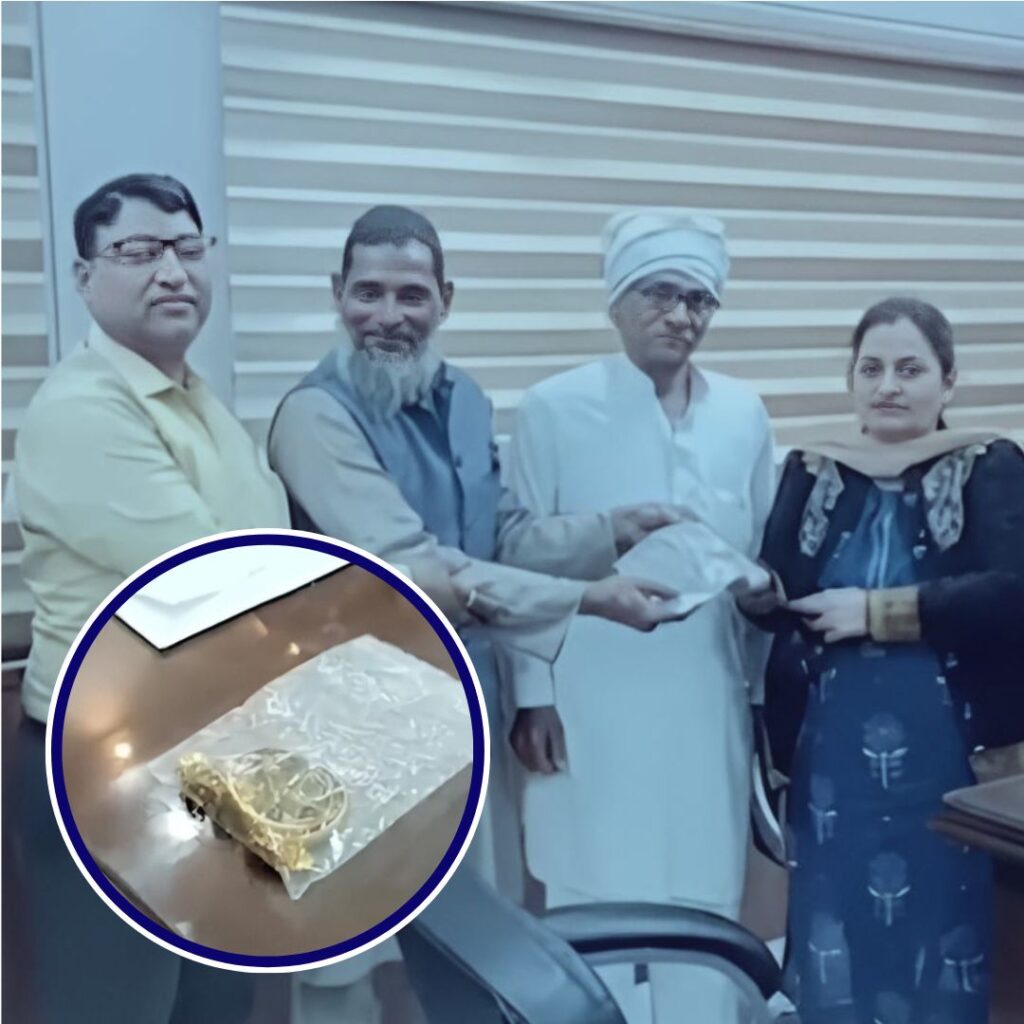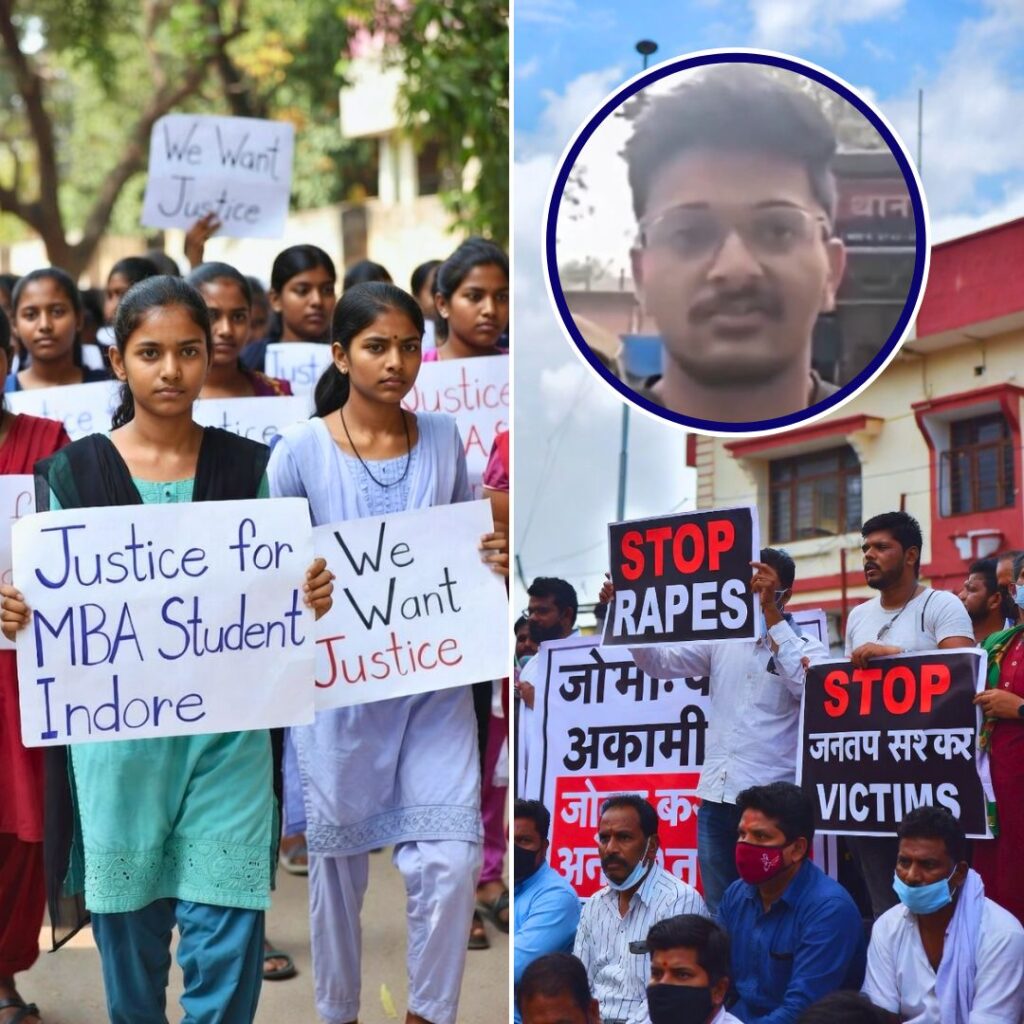In a significant development, a historic tripartite peace accord is set to be signed on Friday in New Delhi. The agreement involves the pro-talks faction of the United Liberation Front of Asom (ULFA), the central government, and the government of Assam. The primary objective is to bring an end to the prolonged insurgency in the northeastern state, according to officials familiar with the matter.
Key dignitaries, including Union Home Minister Amit Shah, Assam Chief Minister Himanta Biswa Sarma, and more than a dozen prominent leaders of the pro-talks faction of the ULFA, led by Arabinda Rajkhowa, are expected to be in attendance during the signing ceremony as reported by ThePrint.
The peace accord addresses a range of longstanding issues encompassing political, economic, and social aspects specific to Assam. Additionally, it includes provisions for cultural safeguards and land rights for the indigenous population, officials noted.
However, it is noteworthy that the hardline faction of the ULFA, under the leadership of Paresh Baruah, will not be part of the agreement. Baruah has consistently rejected overtures from the government.
Sources reveal that two key leaders from the Rajkhowa-led faction, Anup Chetia and Sashdhar Choudhary, have been in the national capital since the past week. They collaborated with government interlocutors, including Intelligence Bureau Director Tapan Deka and Northeast affairs advisor A K Mishra, to finalize the details of the peace agreement.
The Rajkhowa-led ULFA faction initiated unconditional talks with the central government in 2011, despite strong opposition from the hardline faction led by Baruah. The latter is believed to be residing in a location along the China-Myanmar border.
Established in 1979 with the demand for a “sovereign Assam,” the ULFA has been involved in subversive activities, leading to its classification as a banned outfit by the central government in 1990. The Rajkhowa faction engaged in peace talks with the government on September 3, 2011, following the signing of an agreement for the Suspension of Operations (SoO) between the ULFA, central government, and state governments.
The impending tripartite peace accord holds the promise of addressing longstanding grievances and fostering stability in Assam. The participation of high-profile leaders underscores the significance of this agreement, offering hope for a new era of peace and development in the region.
Also Read: Delhi Records First Case Of COVID-19 Sub-Variant JN.1; Hospitals In Gurugram On High Alert













